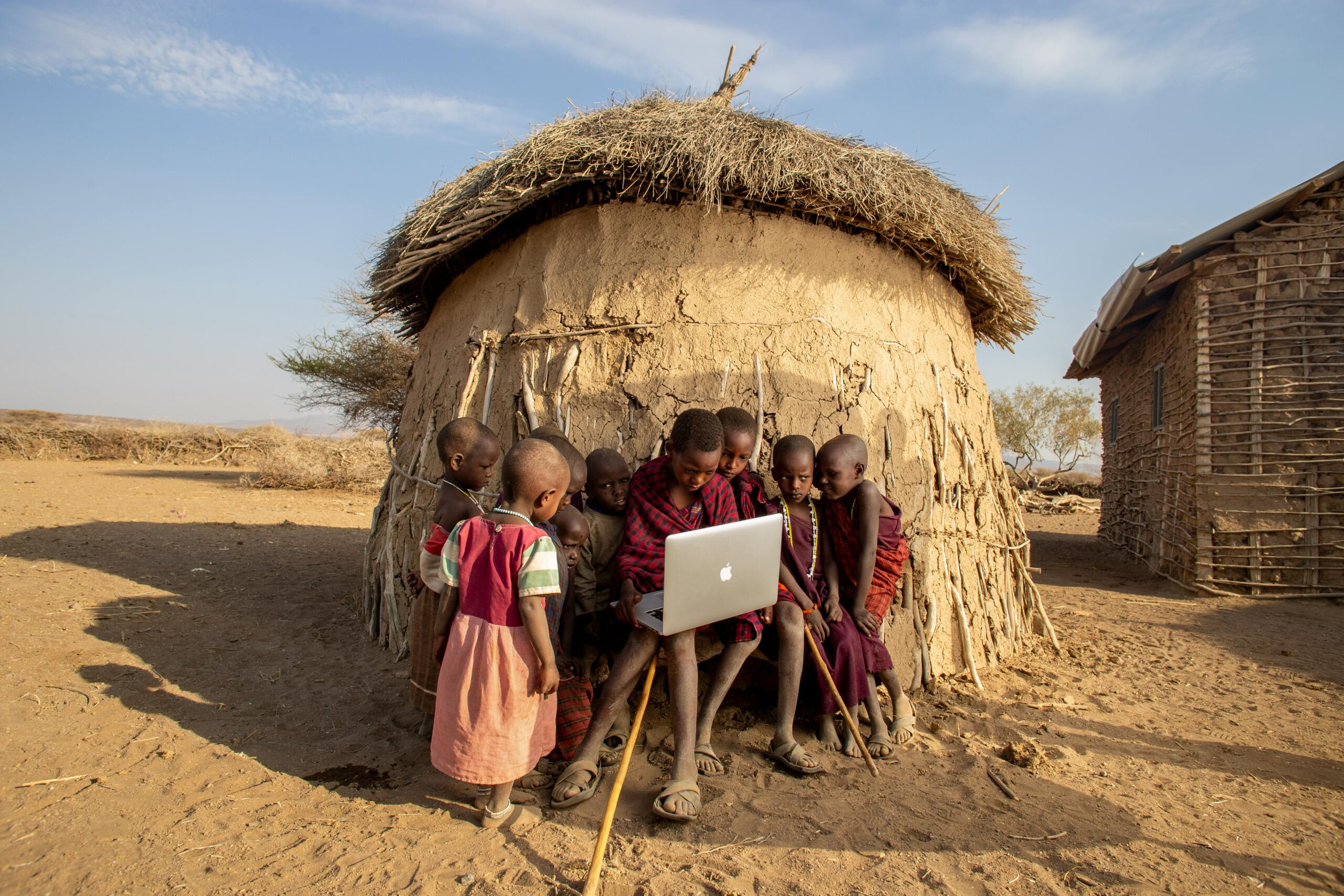The Rise of K-Influencers: Redefining Global Digital Culture
In recent years, South Korea’s cultural exports have expanded beyond K-pop and K-dramas to include a new wave of digital pioneers: K-influencers and content creators. These individuals are reshaping global trends, from beauty and fashion to lifestyle and technology, leveraging platforms like YouTube, Instagram, and TikTok. Unlike traditional celebrities, K-influencers thrive on authenticity, relatability, and niche expertise, often blurring the lines between entertainment, education, and commerce. Their success is rooted in South Korea’s hyper-connected society and its obsession with innovation, aesthetics, and storytelling. This article explores how K-influencers are dominating the digital landscape, the strategies behind their viral content, and their impact on global consumer behavior. From mukbang stars to tech reviewers, their influence is a testament to Korea’s evolving soft power in the 21st century.
The Ecosystem of K-Influencers: Platforms and Niches
South Korea’s influencer economy is fueled by a mix of homegrown platforms (e.g., Naver Blog, AfreecaTV) and global giants. Each platform caters to distinct audiences:
- YouTube hosts long-form content like beauty tutorials, ASMR, and travel vlogs.
- TikTok prioritizes short, visually striking clips, ideal for dance challenges and viral trends.
- Instagram focuses on curated aesthetics, popular among fashion and lifestyle influencers.
Niche communities also thrive, such as “study influencers” sharing productivity tips or “home café” creators showcasing DIY coffee culture. This diversification allows creators to monetize through ads, sponsorships, and affiliate marketing, often partnering with Korean brands like Innisfree or Samsung.
Crafting Relatability: The Art of Authentic Storytelling
K-influencers excel at blending polished production with raw authenticity. For instance, Jinny’s Kitchen, a hit YouTube series featuring BTS’s V, combines celebrity appeal with unfiltered behind-the-scenes moments. Many creators share personal struggles, such as skincare journeys or career pivots, fostering deep emotional connections. This “imperfect perfection” contrasts with Western influencer culture’s often overly curated feeds. Algorithms play a role too: Korean creators meticulously analyze platform-specific trends, optimizing upload times and hashtags. A 2023 study found that 68% of Korean YouTubers revise content based on real-time analytics, ensuring their work remains algorithm-friendly without sacrificing originality.
Global Reach and Cultural Hybridization
K-influencers are bridging cultural gaps by localizing content. Beauty guru Pony Syndrome, for example, tailors makeup tutorials for diverse skin tones, while food creator Maangchi adapts Korean recipes for international kitchens. Collaborations with non-Korean influencers—like BLACKPINK’s Jennie partnering with YouTube star Emma Chamberlain—further amplify this crossover. However, challenges persist: language barriers and cultural misunderstandings occasionally spark backlash. Despite this, Korea’s government actively supports creators via initiatives like the K-Creators Academy, which trains influencers in global marketing strategies. This institutional backing underscores the sector’s economic value, estimated to contribute $3.8 billion annually to Korea’s GDP.
Ethical Dilemmas and the Future of K-Influencing
As competition intensifies, controversies around undisclosed sponsorships and mental health struggles have emerged. The pressure to constantly produce content has led to burnout, with stars like Heyne openly discussing hiatuses. Meanwhile, platforms face scrutiny for promoting unrealistic beauty standards, exemplified by the “glass skin” trend. Looking ahead, AI-driven virtual influencers like Rozy are gaining traction, raising questions about authenticity. Yet, demand for human-driven stories remains strong. Industry analysts predict a shift toward sustainability-focused content and decentralized platforms, reducing reliance on ad-based revenue models.
Conclusion: K-Influencers as Cultural Ambassadors
K-influencers have transcended their role as content creators to become architects of a new global cultural order. By merging Korean traditions with digital innovation, they’ve crafted a unique space where authenticity and commercial success coexist. Their impact extends beyond views and likes—reshaping industries, challenging norms, and fostering cross-cultural dialogue. However, sustainability will depend on balancing creativity with ethical practices and mental well-being. As virtual and human influencers converge, Korea’s digital pioneers are poised to lead the next evolution of online engagement, proving that in the age of algorithms, human connection remains irreplaceable.
